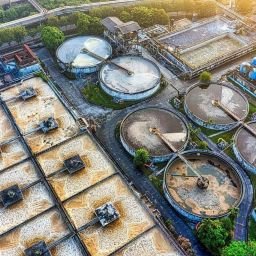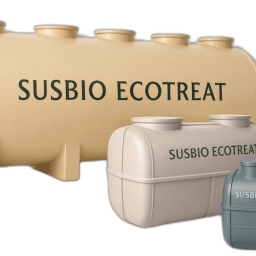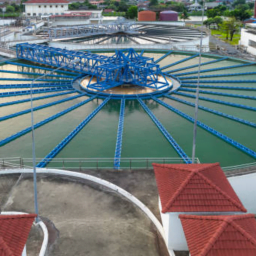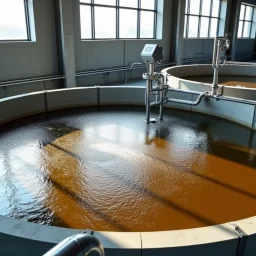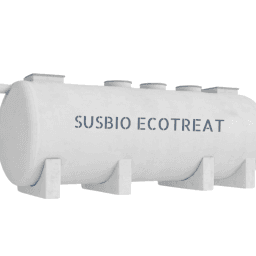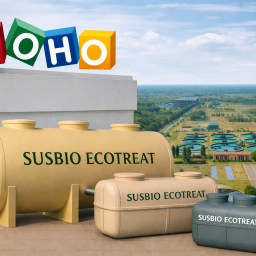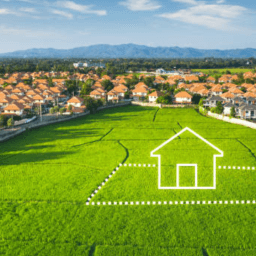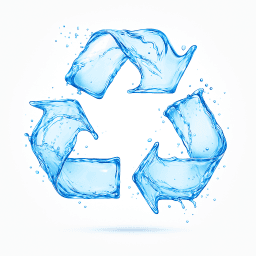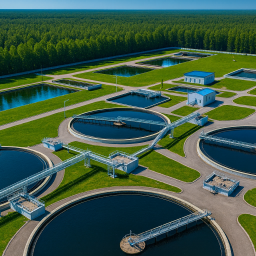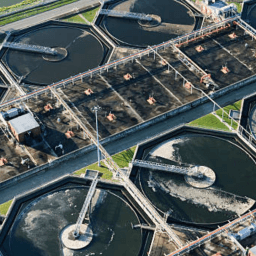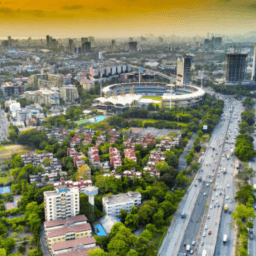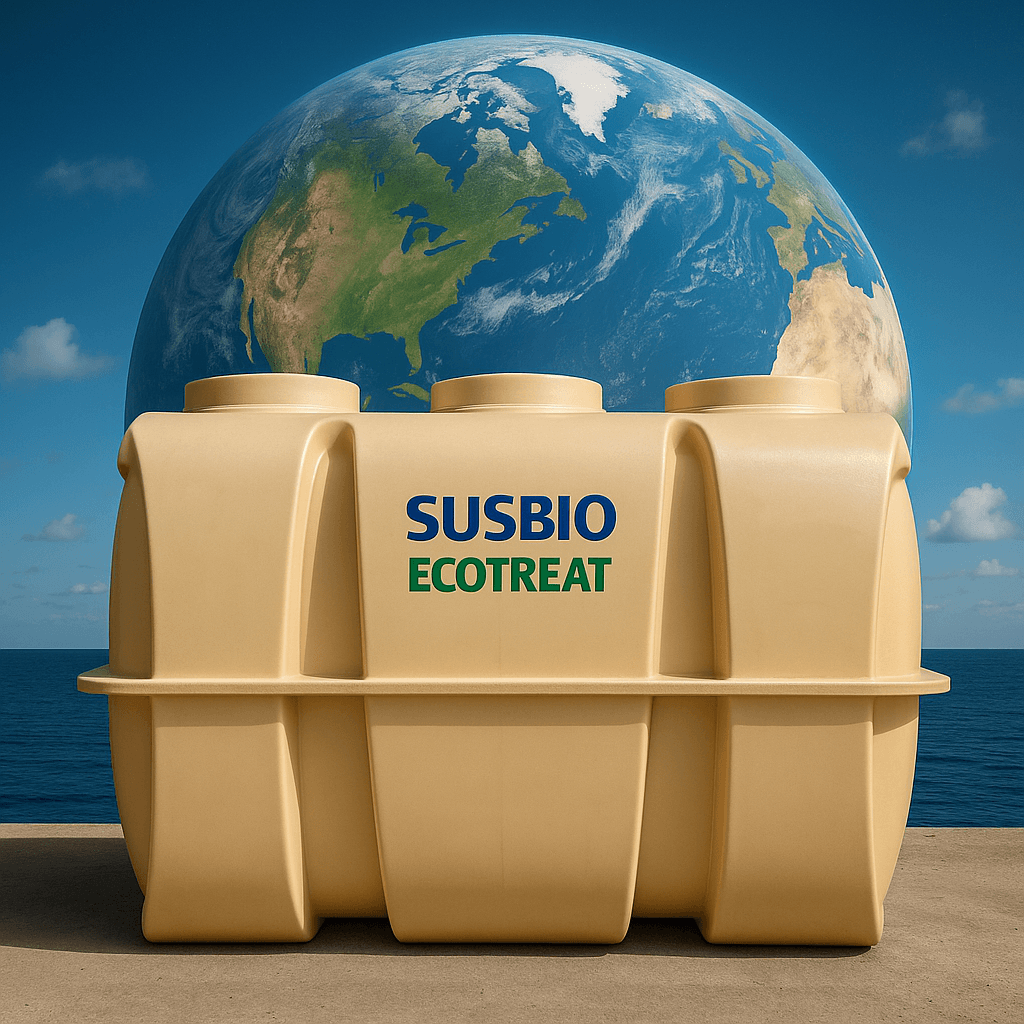
India is confronting a severe water crisis, with urbanization, industrial growth, and climate change putting unprecedented stress on freshwater resources. In response, the government has launched a series of policies and incentives to promote water reuse—transforming treated wastewater from a liability into a valuable resource. These measures not only drive sustainable water management but also open doors for innovative solutions like SUSBIO ECOTREAT, ensuring clean water for communities, industries, and the environment.
The Policy Push for Water Reuse in India
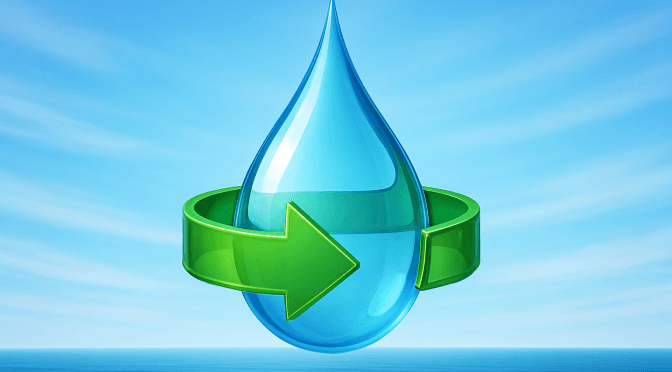
National Water Policy and Regulatory Mandates
The National Water Policy-2012 established water recycling and reuse as a general norm, advocating for the treatment of wastewater to specified standards before reuse. The policy recommends a properly planned tariff system to incentivize the use of treated water across sectors, including industry and agriculture. It also encourages the reuse of urban wastewater from kitchens and bathrooms, after primary treatment, for toilet flushing—ensuring no human contact.
To operationalize these guidelines, the Department of Water Resources has developed a National Framework on Reuse of Treated Waste Water. This framework provides states with a template to craft their own policies and implement water reuse initiatives in a time-bound manner.
State-Level Initiatives and Incentives
Several Indian states have pioneered their own policies to accelerate water reuse:
- Gujarat offers capital investment subsidies of up to 50% of the estimated project cost for municipal corporations implementing treated wastewater reuse projects in cities like Ahmedabad, Vadodara, Surat, and Rajkot.
- Maharashtra mandates industries in urban areas to use treated wastewater, while Tamil Nadu promotes reuse for industrial and urban greening projects.
- Karnataka’s Kolar Wastewater Reuse Project channels treated wastewater for agriculture and groundwater recharge, improving both crop yields and local water tables.
Urban Local Body Incentives
Cities are also stepping up with their own reward systems. For example, the Indore Municipal Corporation provides a 50% property tax rebate for house owners who install water recycling systems, and a 6% rebate for those with rainwater harvesting setups. Such incentives directly benefit citizens and encourage widespread adoption of sustainable water practices.
Financial and Non-Financial Incentives for Water Reuse
Capital Subsidies and Grants
Under various government schemes, including the Swachh Bharat Abhiyan and the National Mission on Clean Ganga, industries and municipalities can secure financial assistance covering 25% to 70% of project costs for establishing wastewater treatment plants. These grants are critical for offsetting the initial investment required for advanced water reuse technologies.
Tax Benefits and Accelerated Depreciation
The government allows companies to claim 100% of their wastewater treatment plant expenditure as a deduction under Section 35AD of the Income Tax Act. Firms can also benefit from accelerated depreciation on the cost of water treatment plants, making it easier to recover investments quickly.
Interest Subsidies and Preferential Land Allocation
The Ministry of MSME extends a 2% interest subsidy on loans up to ₹1 crore for MSMEs installing water treatment plants. Industrial parks and special economic zones may also offer preferential land allocation or rebates for companies adopting water reuse technologies.
Performance-Based Rewards
The central government is piloting a clean water credit system to reward urban local bodies for high-performing sewage treatment plants (STPs). Rewards can reach up to ₹8 crore for large STPs achieving top ratings, incentivizing cities to invest in efficient and sustainable water reuse infrastructure.
Policy-Driven Market Transformation: Case Studies
Nagpur: Treated Wastewater for Power Plants
Nagpur supplies treated wastewater to local power plants, significantly reducing their reliance on freshwater and setting a benchmark for industrial water reuse in India.
Bengaluru: Wastewater for Agriculture and Lake Revival
Bengaluru’s treated wastewater is used for agriculture, lake rejuvenation, and groundwater recharge, demonstrating the city’s commitment to circular water management.
Kolar, Karnataka: Agricultural and Groundwater Benefits
The Kolar Wastewater Reuse Project channels treated water for irrigation and groundwater recharge, resulting in improved agricultural productivity and rising land values.
Corporate Leadership: Bisleri & SUSBIO ECOTREAT
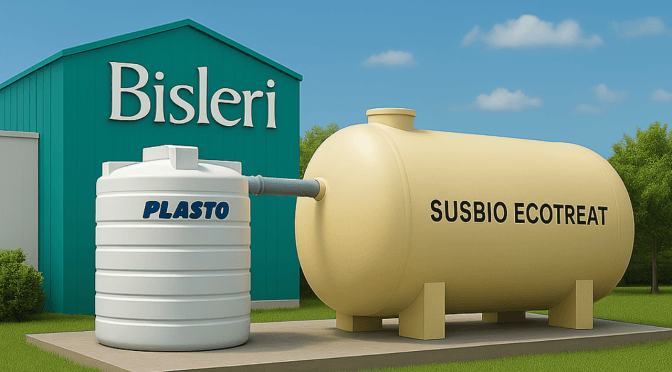
Bisleri International, in partnership with SUSBIO, implemented the SUSBIO ECOTREAT packaged sewage treatment plant at its Verna, Goa facility. The system recycles up to 98% of wastewater for landscaping and other non-potable uses, reducing operational costs and environmental impact. This model showcases how government incentives and advanced technology can drive corporate sustainability
The Role of Technology: SUSBIO ECOTREAT as a Policy-Aligned Solution
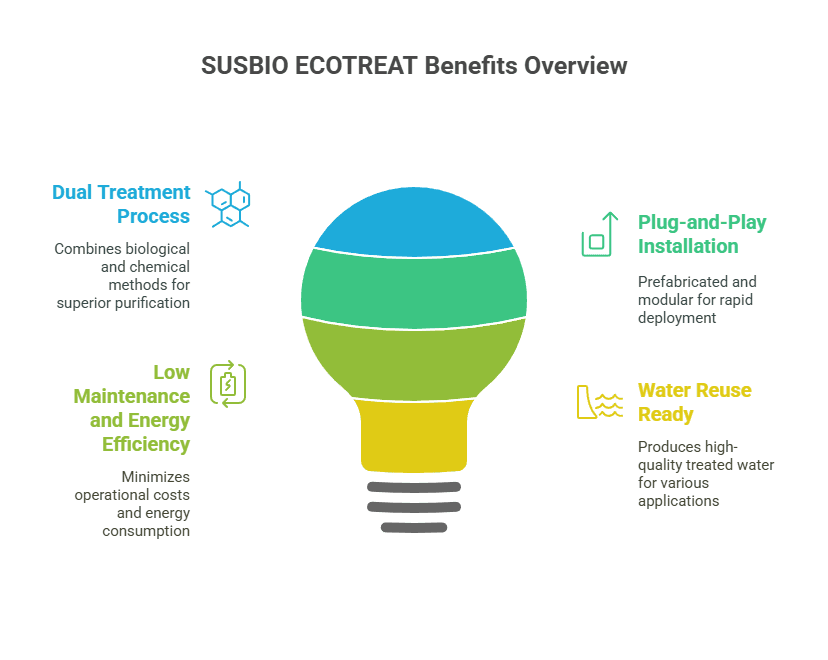
Government policies increasingly call for advanced, modular, and energy-efficient solutions to meet water reuse targets and regulatory standards. SUSBIO ECOTREAT is designed to align perfectly with these requirements:
- Dual Treatment Process: Combines biological and chemical methods for superior purification, ensuring compliance with the latest CPCB and state norms.
- Plug-and-Play Installation: Prefabricated and modular, SUSBIO ECOTREAT can be rapidly deployed in residential, commercial, and industrial settings, qualifying for capital subsidies and tax incentives.
- Low Maintenance and Energy Efficiency: Minimizes operational costs, making it ideal for MSMEs and urban local bodies seeking to maximize the impact of government incentives.
- Water Reuse Ready: Produces high-quality treated water suitable for landscaping, flushing, and industrial applications, directly supporting policy mandates for non-potable water use.
By adopting SUSBIO ECOTREAT, organizations and communities can not only comply with regulatory requirements but also unlock significant financial and operational benefits through government incentive schemes.
Overcoming Barriers: Policy Recommendations and the Way Forward
Despite robust policy frameworks, several challenges remain:
- Infrastructure Gaps: Many cities need significant upgrades to their sewage treatment and distribution networks.
- Quality Assurance: Ensuring treated water consistently meets reuse standards is essential for public trust and health.
- Public Perception: Awareness campaigns and demonstration projects are needed to overcome cultural resistance to water reuse.
Policy recommendations include:
- Setting clear benchmarks and standards for treated water quality across sectors.
- Expanding incentives for R&D in water efficiency and reuse technologies.
- Implementing volumetric water pricing to encourage conservation and reuse.
- Strengthening monitoring, reporting, and capacity-building at the local level.
Conclusion: Incentives Driving a Water-Secure Future
India’s government policies and incentives are catalyzing a shift toward sustainable water reuse—benefiting industries, agriculture, cities, and the environment. By leveraging financial support, tax benefits, and regulatory mandates, stakeholders can accelerate the adoption of advanced solutions like SUSBIO ECOTREAT. This not only ensures regulatory compliance and cost savings but also positions organizations as leaders in sustainable water management.
As India strives for water security and environmental resilience, the synergy between policy, technology, and public participation will be key. SUSBIO ECOTREAT stands ready to help communities, businesses, and urban local bodies turn policy incentives into practical, impactful water reuse solutions.


